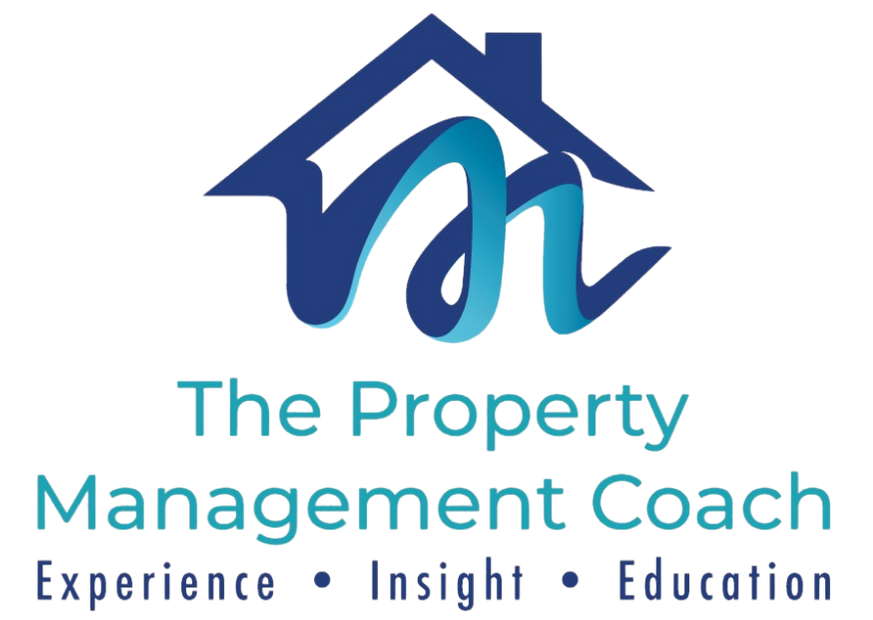In the forward-looking agencies that I’ve consulted to, there is an eagerness to find ways to remove the stress of their Property Management staff and improve their roles, and they are continually looking at emerging property technologies along with best practice in other industries.
As an example, most of us clearly learned the effectiveness of electronic signature platforms during the lockdowns; this allowed our teams to continue to list and lease property whilst having to work remotely, but this is only the tip of the iceberg in terms of what’s available now, and also what’s coming shortly.
While most of the Property Management software allows a level of self-service for both our landlord and tenant clients, these are not being fully utilised – this means that Property Management teams are spending more time answering routine queries from their clients and less focus on the productive and relational aspects of the role.
These platforms have moved away from being purely a “trust accounting” piece to having functionality which allows for greater oversight of Property Management activities and also providing some business intelligence for directors.
These are not a one-stop shop however, and other platforms have been developed to deal with aspects of the role which are repetitive and to take the strain out of the job.
That includes the management of enquiries and inspections rather than taking time to answer each call from prospective tenants and schedule individual inspection appointments, reporting and troubleshooting maintenance, dealing with commonly asked questions from tenants, receiving and processing after hours calls, and seamless receipting of rental payments and subsequent payment to owners; yet most agencies either aren’t aware of them or are reluctant to implement them and so are failing their teams, leading to a continuation of the stress and subsequent resignations.
The challenge with most of these platforms is that they’re fragmented, as stand-alone products there’s not a lot of cross-pollination and adaptation can be seen as just more work.
This fragmentation will change soon though as developers either start to build integrations between them, or new products come to market; this will change the landscape again.
But people build relationships with people, not technology and apps, bots, automations and the like won’t replace Property Managers; what it will do is cut down the time they spend on the low value tasks and enable them to have more time to better develop the client relationship.
Compared to the annual outlay for a staff member, most of these packages are a minimal cost even when taken together, and when these are used in tandem with a well skilled and supported team, there is a greater level of profitability within the firms as once a Property Manager’s time is freed up, and they can deal with a greater number of clients rather than having their time soaked up on repetitive tasks – the number managed could actually increase by as much as 40 or 50% as their focus is then on the relational aspects of the role, this will reduce the demands on staff and also on staff numbers so from a director’s perspective staffing costs actually reduce – you’re hiring to grow, not to replace, and be able to offer career paths for those joining the division.
Let me talk to my Property Management colleagues for a moment about this – and yes, I heard the collective groan when I suggested you can manage more clients…
Hear me out though, if bringing this automation into your office means that you spend less time chasing tradespeople, or following up inspection appointments, or walking a tenant through checking for a quick solution to a simple maintenance task, or dealing with the “when does my lease expire?” questions, how would you imagine your life looking?
You’d be free to spend time having calmer, more productive conversations with both your landlords and your tenants wouldn’t you – you’d be spending less time in and out of office hours dealing with complaints about the contractor that didn’t show up today, and you’d be calmer each time the phone rang because the tech has done the hard part for you and you’d have more time in your day to do what is really important in your role. I’m going to say it again – the tech isn’t to be afraid of, it’s there to assist you to better do what’s important – it’s not there to replace you.
So there are benefits to both agency directors and Property Managers in having a greater portfolio size – provided the technology is there to support it.
The benefits of using external platforms to handle the more routine or repetitive aspects of Property Management are enormous – we get to work smarter, not harder
